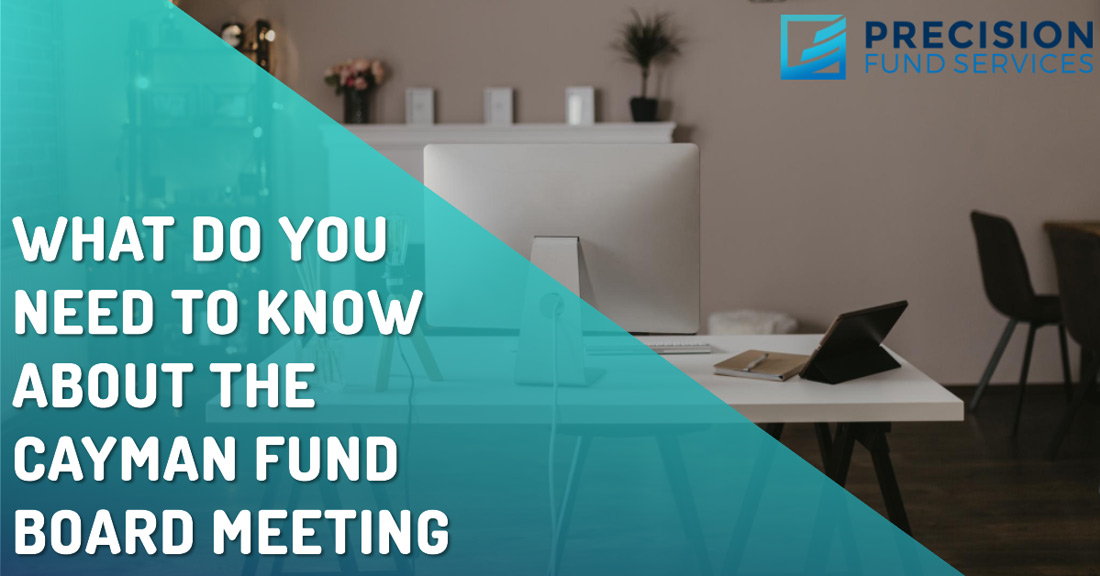Jul 28, 2022

Board meetings in the context of Cayman funds may not always be considered the most riveting subject matter among industry participants. Some may view them as mere formalities, with certain Asian startup managers even entertaining the notion of potentially bypassing them, and only addressing regulatory inquiries if they arise. After all, it's just an "offshore fund," isn't it? However, is this perception accurate?
First and foremost, one of the primary functions of the board is to oversee and reviewthe overall fund operations.Important thing to note thatAccording to CIMA's "Regulated Mutual Funds - Statement of Guidance," it is generally recommended that the fund board convene at least twice a year to discuss significant matters affecting the fund. These may include:
1. Fund performance.
2. Operational issues.
3. Anti-money laundering and compliance matters.
4. Progress and reporting status.
5. Legal compliance.
6. Reports from the fund manager or investment advisor.
7. Reports from the fund administrator and other service providers.
The fund board must keep minutes, including dates, attendees, topics discussed, and follow-up on key issues. These minutes serve as a critical representation of the board's active oversight and control over the fund.
According to the "Regulated Mutual Funds - Statement of Guidance," the governance framework of regulated mutual funds should be reasonable and effectively monitor the fund. There is no one-size-fits-all governance framework for every fund. The appropriate framework depends on factors such as fund size, nature, complexity, number of investors, investment strategies, and operational nature.
About the "Governing Body" of the fund:
The governing body for regulated mutual funds is typically the fund board. For limited partnership funds,the GP.
What are the specific duties of the directors?
- Ensure that the fund operates in accordance with all relevant laws, regulations, rules, principles, statements of guidance, and anti-money laundering or counter-terrorism financing requirements (including those of the Cayman Islands and the regulator).
- Ensure that service providers comply with applicable regulatory requirements.
- Provide appropriate instructions to service providers to address any non-compliance with regulatory requirements.
breaking down a typical board meeting:
Board meetings can be conducted in person, via telephone, or through video conferencing.
Frequency of Board Meetings:
The board should meet no less than twice a year.
Attendees at Board Meetings:
Service providers may be required to attend if the board deems it necessary.
Fund Operator's Responsibility:
The fund operator must ensure that a comprehensive, accurate, and clear written record of board meetings is maintained.
Minutes of Board Meetings:
The form of the minutes is not restricted, but they should include:
- The meeting's agenda and circulated documents.
- A list of attendees.
- The manner in which attendees participated (in person or remotely).
- Matters discussed and decisions made during the meeting.
- Questions raised by the fund services provider, fund manager, or investment advisor.
Fund operators are obligated to administer the fund's operations with utmost transparency and integrity. It is imperative to promptly furnish regulators with comprehensive disclosures pertaining to:
- Any substantial issues that exert a material adverse impact on the financial robustness of the fund.
- Any instances of non-compliance with pertinent statutes, inclusive of anti-money laundering and counter-terrorism financing mandates.
For more insights on fund governance, feel free to contact our team.